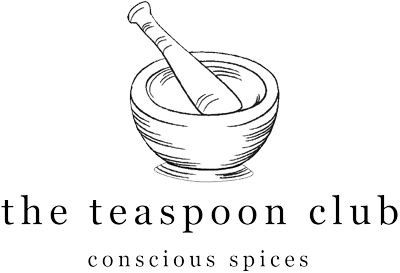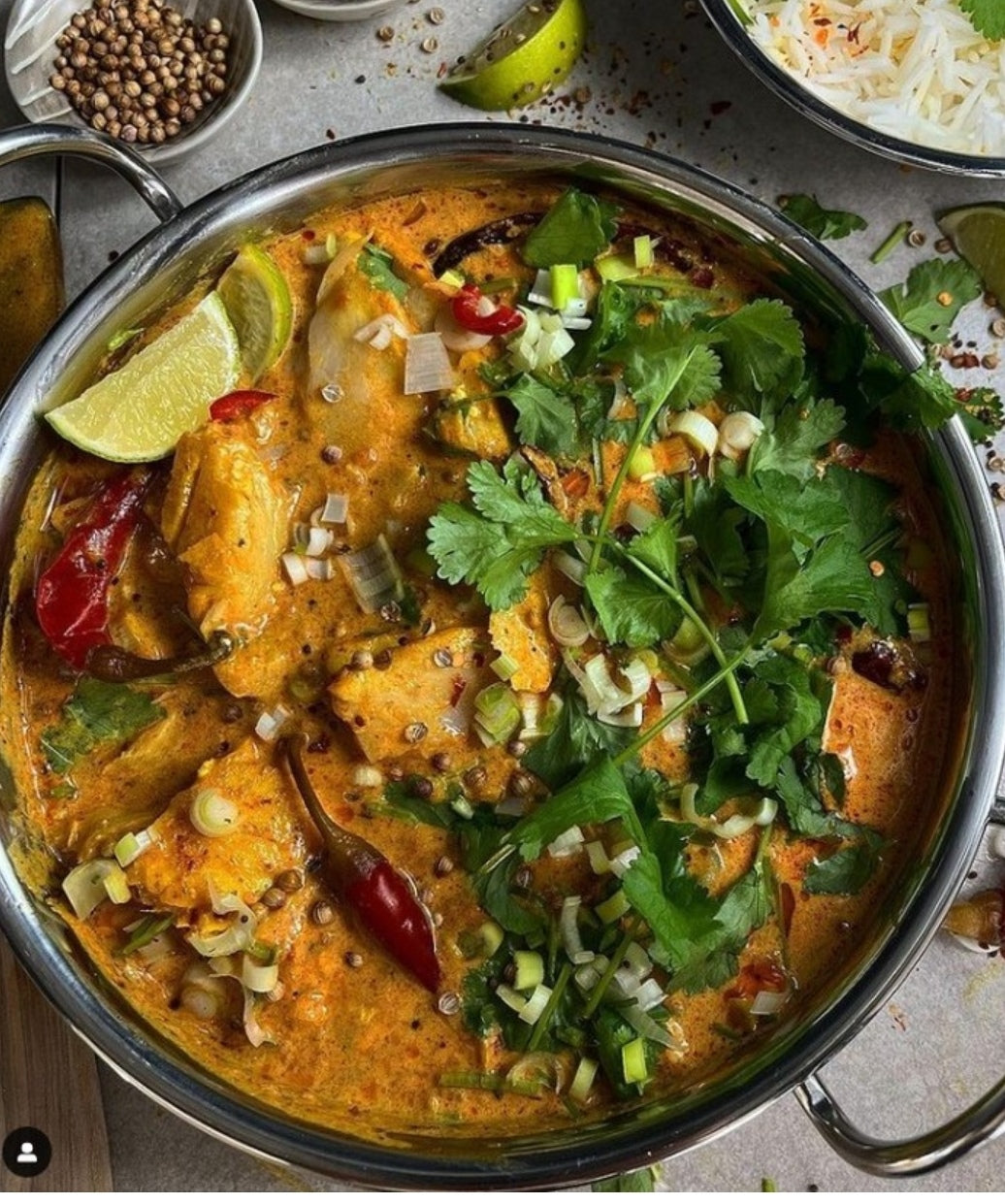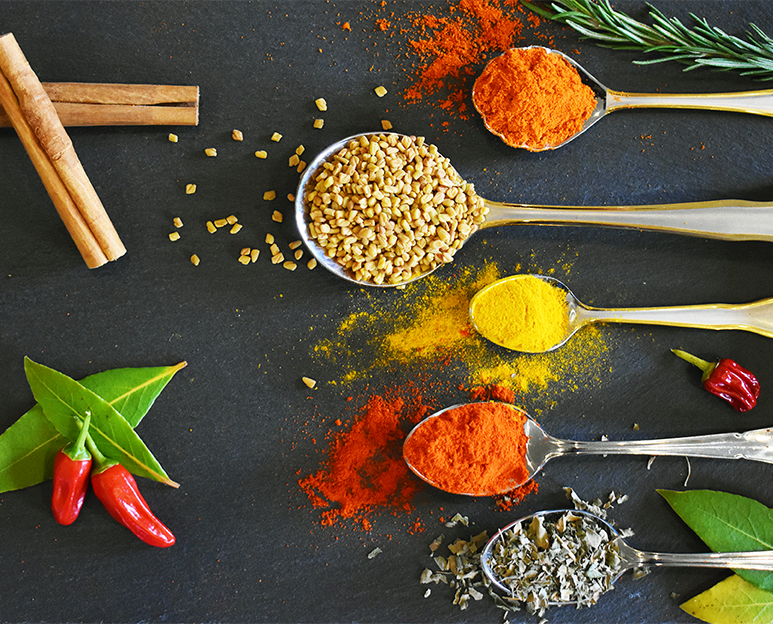The Teaspoon Club's 2022 reading list
Our reading list for 2022 covers our top 10 picks for the environment, food production, recipes, and more.
All We Can Save: Truth, Courage, and Solutions for the Climate Crisis - Ayana Elizabeth Johnson & Katharine K. Wilkinson
Published in 2020, this book is a collection of essays and poems from women environmentalists, largely from North America. Bringing together perspectives of scientists, journalists, farmers, teachers, activists, artists, and more, this offers a range of feminist perspectives on how society can respond to the climate crisis.
Climate Change Is Racist: Race, Privilege and the Struggle for Climate Justice - Jeremy Williams
This book dives into the structurally racial nature of climate change and the racial injustice that the climate crisis reinforces. Williams illustrates the interdependency of racist structures and climate change across the globe, with diverse perspectives throughout.
Water Always Wins: Thriving in an Age of Drought and Deluge - Erica Gies
With water at the centre of climate change, Erica Gies takes the reader on a journey to understand the critical role water has played in the past and will play in the future. It's release date is May 2022, so set a reminder and keep your eyes peeled!
How to Avoid a Climate Disaster - Bill Gates
With a practical approach, Bill Gates discusses proposed solutions for some of the threats facing the globe as a result of the climate crisis. He also covers a plan for how the world can get to zero greenhouse gases, as well as why it's so critical.
Soil Not Oil - Vandana Shiva
Shiva digs deep into the agricultural industry globally, advocating for the small, independent farm. She places soil quality at the heart of climate change, championing small and biologically diverse farms and assessing the importance of farming practices on global climates.
The Omnivore's dilemma - Michael Pollan
Pollan acknowledges the huge choice humans face today when deciding what to eat, reconising the contradictory information consumers are regularly presented with in terms of both nutrition and sustainability. He takes four meals and embarks on an eating adventure with each, including a McDonalds, a WholeFoods organic meal, an organic meal direct from a self-sustaining local farm, and a foraged/ hunted meal that Pollan creates himself. His personal reflections are coupled with the nutritional value and journey of the meals' components.
Cooking with scraps - Lindsay-Jean Hard
Hard gives the attention to food scraps that they deserve, in 85 creative recipes that take the parts of many ingredients usually discarded and turns them into culinary delights. It saves ingredients- for you and the planet- and will bring delicious new flavours to your plate!
How Bad Are Bananas? The Carbon Footprint of Everything - Mike Berners-Lee
This one's a throwback- first published in 2009- but it nevertheless remains enormously relevant for readers in 2022. Never has the phrase "knowledge is power" been more poignant- Berners-Lee assesses the carbon footprint of many of the common goods and services we use today, including Twitter, Bitcoin, space tourism, electric bikes, and (of course) bananas, to aid our decision-making. Plus it's an entertaining read too!
Ending Hunger: The Quest to Feed the World Without Destroying it - Anthony Warner
Anthony Warner's book dives straight into the contradictory advice from nutritionists and environmentalists on what we should be eating, outlining the issues with the global food system. He then explores potential solutions, from different farming methods, alternative proteins, through to packaging. His unique assessment on the food system and narratives that exist today draw parallels to previous historical phenomena, and make for a fascinating read.
Feeding Britain: Our Food Problems and How to Fix Them - Tim Lang
Much like many of the books in this list, this book takes a deep dive on the food system, but with a focus entirely on the British food industry. Lang looks at the current system, both from a changing demand and supply perspective, before outlining the need for urgent change.


